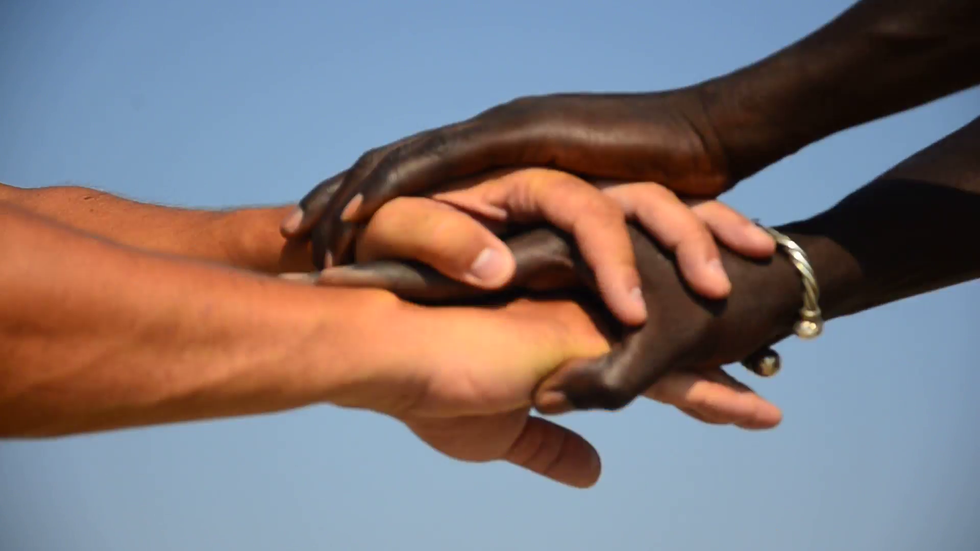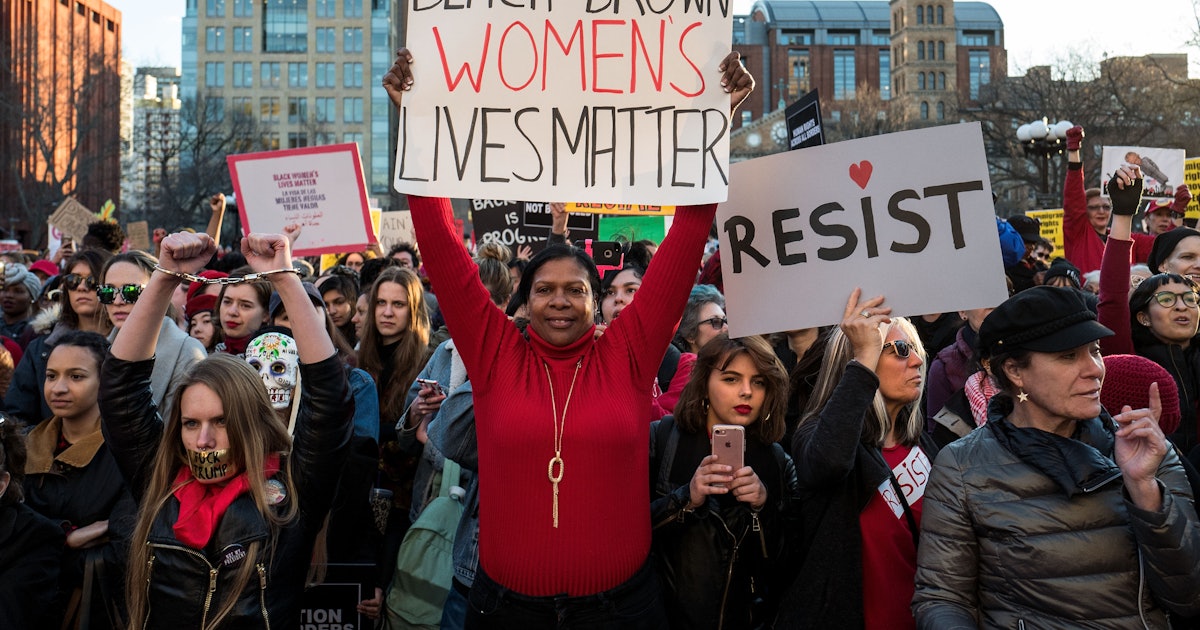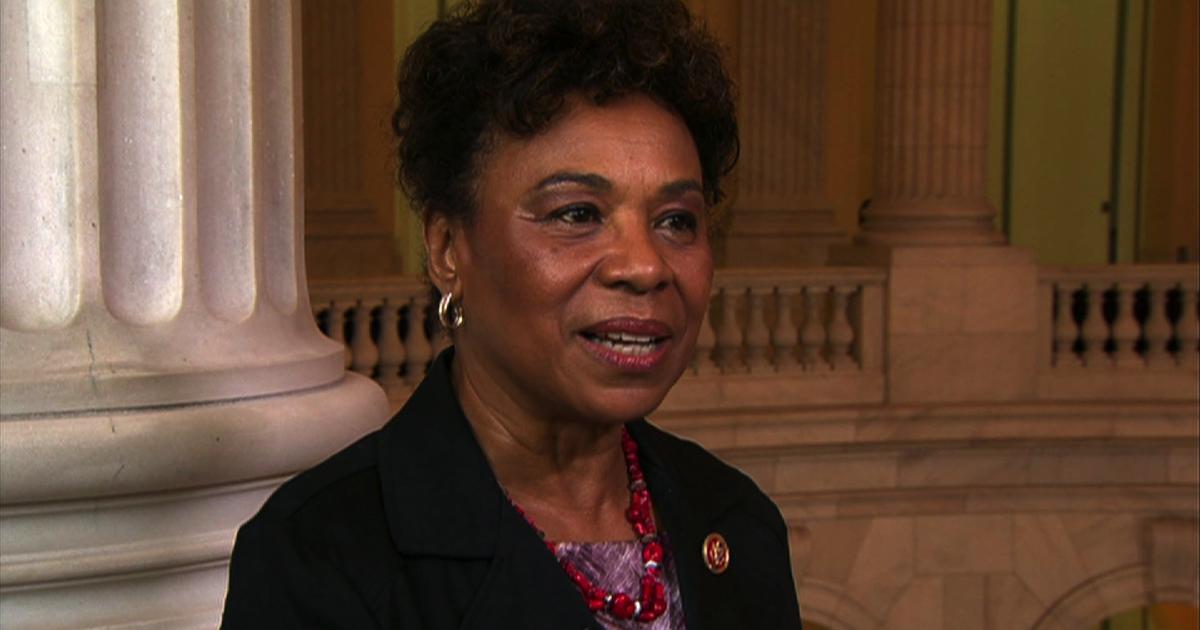And now we have a new card. Now because some whites here can't accept truth they invent the gaslighting card. Funny how some of us desire political correctness when it comes to telling whites what they need to hear.
Racial gaslighting (v)
The political, social, economic and cultural process that perpetuates and normalizes a white supremacist reality through pathologizing those who resist.
pathologize
[pəˈTHäləˌjīz]
VERB
*pathologizing (present participle)
*And this is what you guys do here to people that oppose white racism.
- regard or treat (someone or something) as psychologically abnormal or unhealthy.
OK -- I MIGHT be able to live with THAT better definition because I DO use some of those other phrases quite a lot talking to my kid and I wouldn't want to GASLIGHT them...



:max_bytes(150000):strip_icc()/examples-of-institutional-racism-in-the-u-s-2834624-HL-5ba285b9c9e77c00503d0a1d.png)


